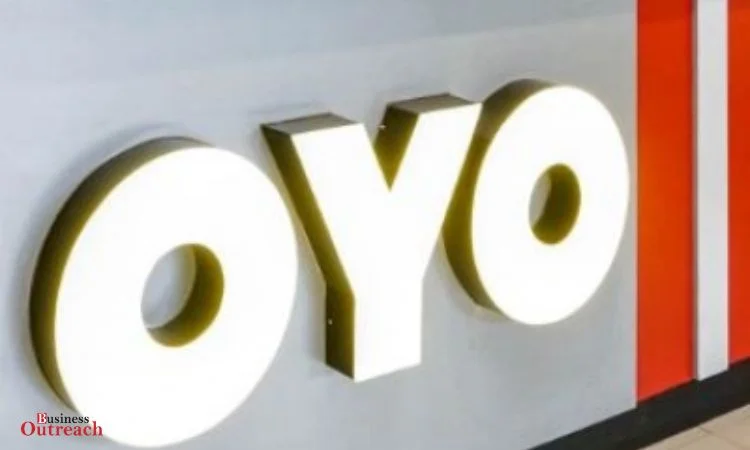Originally a successful Indian chain of budget hotels with an 10 billion USD appraisal, OYO only now closed a new funding round at 2. 5 billion. This is as terrible a fall as from the recent 75 percent in value for the firm.

PC: Weekly Voice
OYO started with the disruption of the budget hotel category by Ritesh Agarwal in 2013. This has received funding with investors such as SoftBank, Sequoia Capital, and Lightspeed India and has ventured very aggressively to expand it operations. It was highest recorded in 2019, and the funding came in at $10 billion making it among the most expensive start- up industry in India.
A variety of factors drove this drastic cut in valuation for OYO:
1. Operational Challenges: Though OYO has grown at a very fast pace, it has gone through many operational problems itself, including disgruntled hotel partners, dissatisfied customers, and regulatory roadblocks in many countries. All these have marred its image and impeded its expansion plans.
2. Impact of Pandemic: The COVID-19 pandemic took a very tolling effect on hospitality. OYO, being heavily reliant on travel and tourism, saw occupancy rates and revenues go down drastically during the pandemic; thus, adding financial trouble.
3. Changes in Leadership and Strategy: With the troubles, Oyo has had a lot of changes in strategy and leadership, often leading to inconsistencies in execution; it has also put a strain on its relationship with its partners and investors.
4. Market Conditions: The broader market conditions also did their part, along with the sentiment of investors regarding tech and startup valuations. At present, valuation risks exist due to more cautious investing, especially in the tech and startup sectors.
OYO had raised money at a $2.5 billion valuation in its latest financing round. This came from investors, including existing and some new backers. It would look to utilize the fresh capital for stabilizing its operations and enhancing technology to improve customer and partner experience.
Investors have thus remained cautiously optimistic about the prospects of OYO. Even as they have taken cognizance of the various board struggles, investors believe there is value in the sheer network and brand recognition which OYO has availed itself of. The funding at a lower valuation would also give investors an opportunity to buy into the company through equity at a more attractive price point, with hopes for a possible turn-around once the global wavering travel industry recuperates.
The future of OYO depends on the way the business learns from operational challenges and rebuilds trust with stakeholders. Further, the company will learn to work toward sustainable growth, strengthen technological competence, and focus on better compliance locally.
Further, Ritesh Agarwal, founder of OYO, is still aggressive about taking the company through these troubled waters. His leadership and adjustments at the strategic level, ensuing thereof, shall be instrumental in deciding whether OYO can get back on its feet to recover the lost valuation glory.
This new funding round, which has valued it at $2.5 billion, marks an important chapter in the journey of OYO—reflecting the challenges underway at this very moment and the resilience it aspires to demonstrate. How deftly it navigates this phase would be watched with great interest by the industry observers and investors alike.















